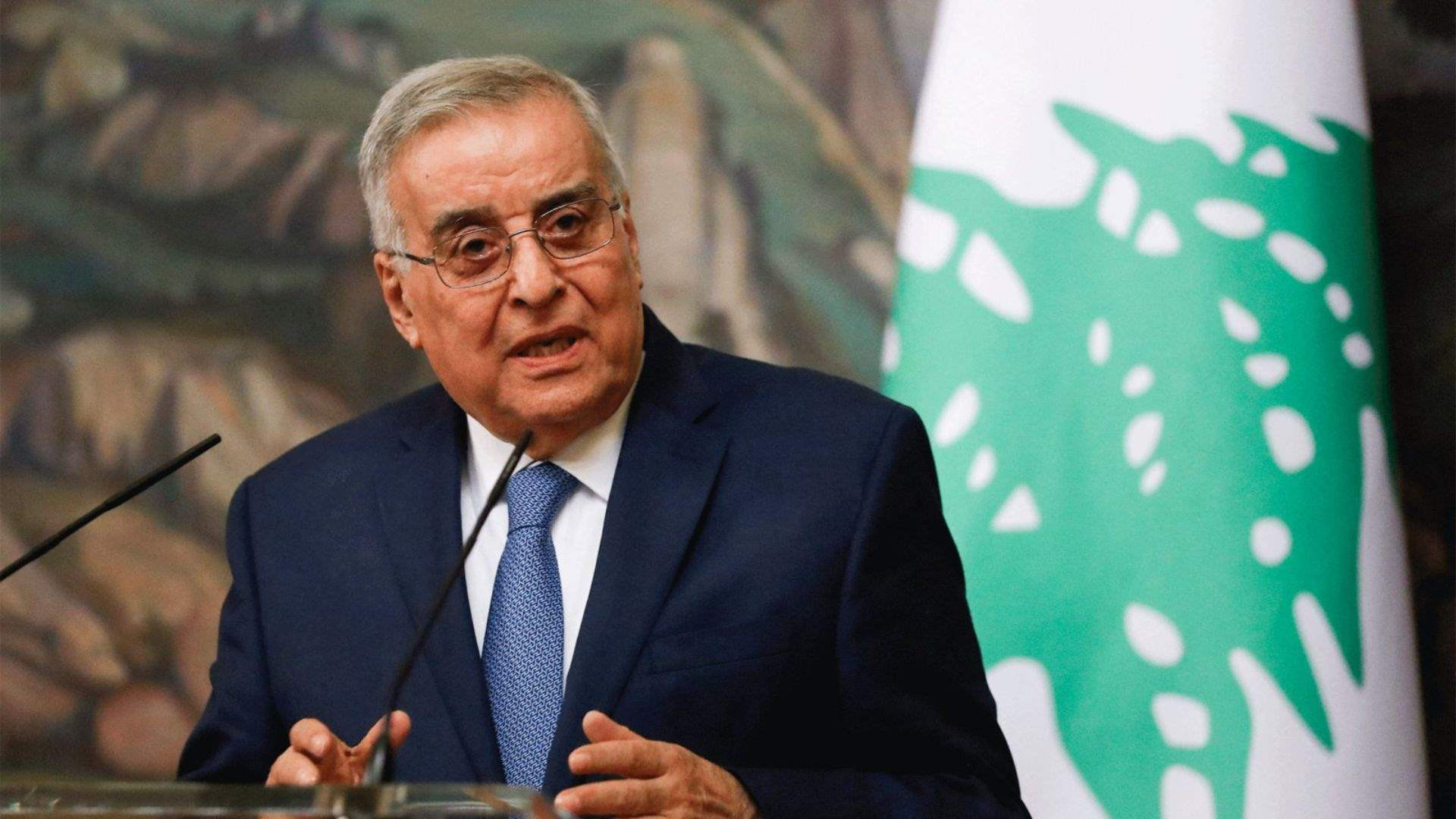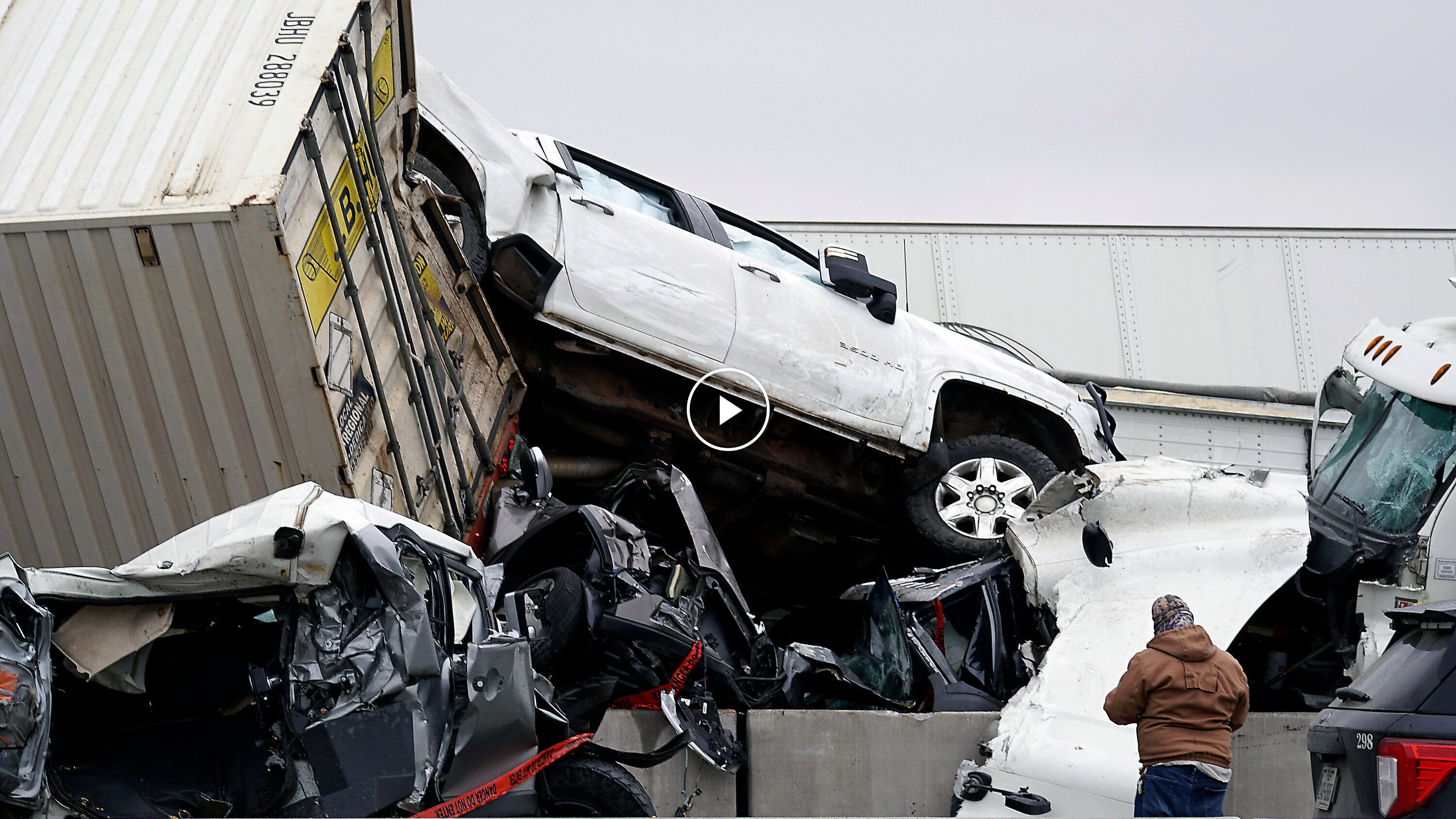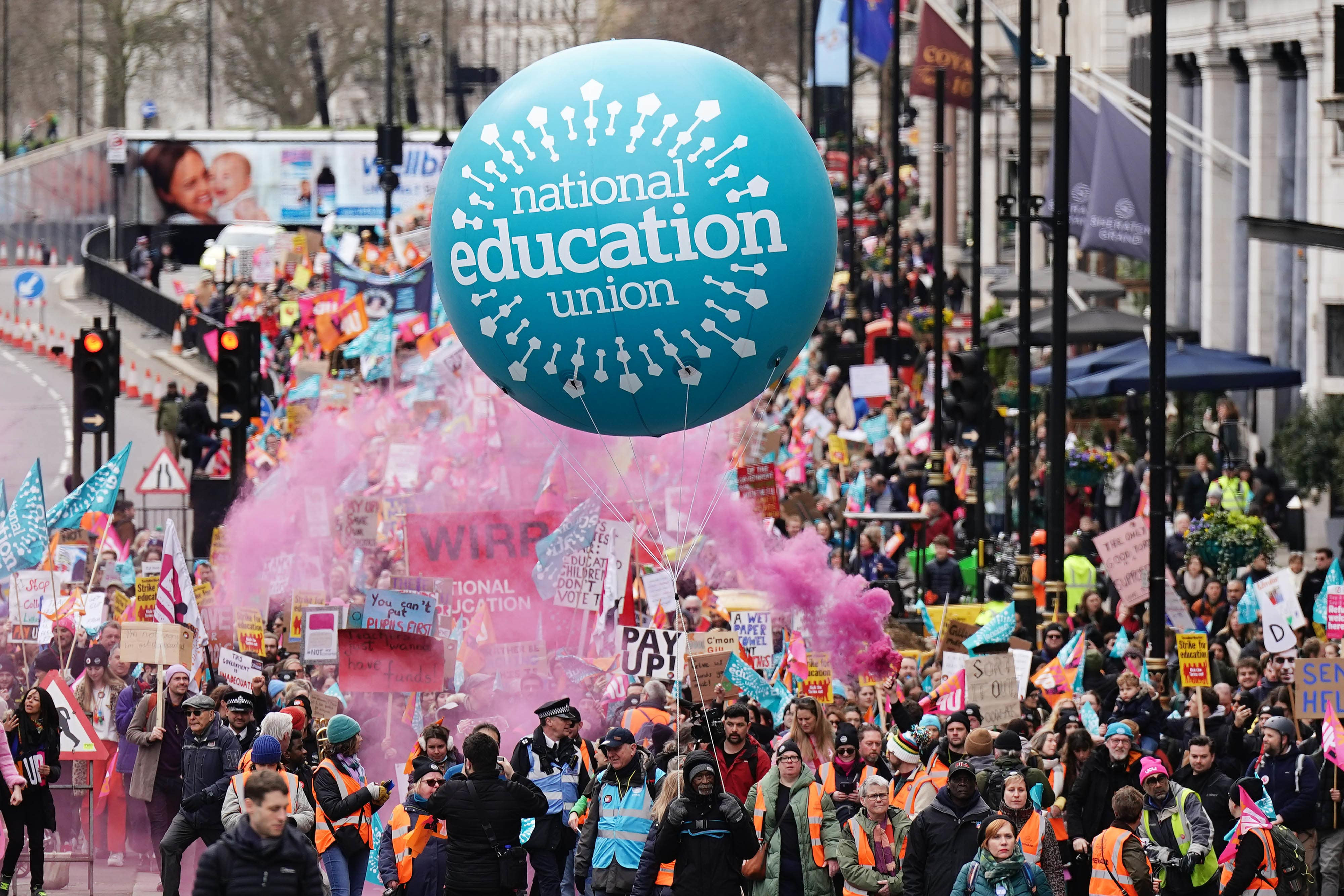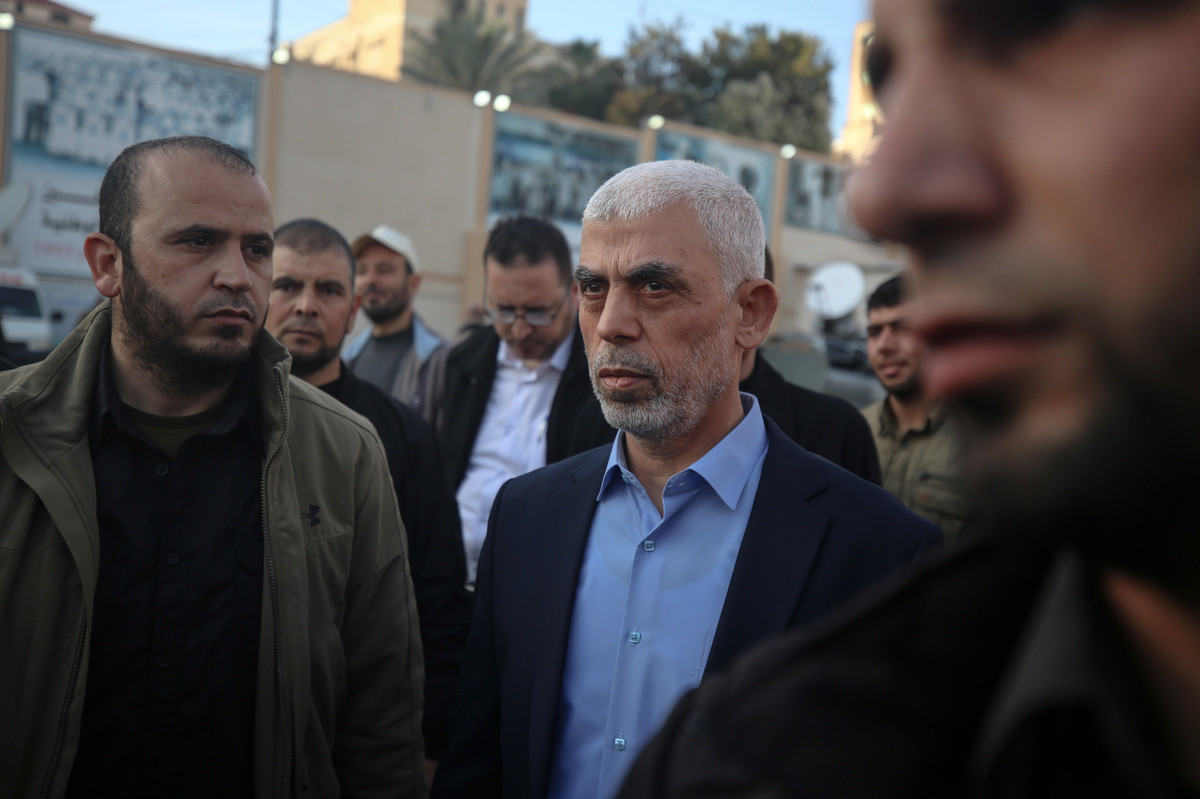Lebanon’s caretaker Foreign Minister Abdullah Bou Habib raised concerns on Friday amid an escalating tension between Hezbollah and Israel saying that the “situation in the region could spiral out of control” should the Gaza ceasefire negotiations fail. In a telephone call with Japan Foreign Minister Yōko Kamikawa, Abou Habib warned that “if the peace negotiations on Gaza fail, the situation in the region could spiral out of control”.
Hezbollah’s attacks on Wednesday targeted the Tsnobar logistics base in the occupied Syrian Golan Heights after Israel attacked Hezbollah’s weapon depots in northern Bekaa on Tuesday. Some of Hezbollah’s rockets landed in the town of Katzrin, injuring one person.
Israel intensified its attacks on southern Lebanon at dawn on Wednesday after a missile attack carried out by Hezbollah on the Golan Heights that incurred damages to around 60 residential places, according to Israeli media. The party said the attack was in response to an Israeli strike deep into Lebanon on Tuesday night.
Meanwhile, the country’s caretaker prime minister, Najib Mikati, said that Lebanon is committed to UNIFIL’s mission in the south, amid the Israel-Hezbollah conflict. He said cooperation between the Lebanese military and UNIFIL forces is crucial, and rejected claims of differences and discrepancies, adding that “any issues arising during task implementation are promptly resolved”.
Amid the spiraling tension, Lebanese Forces leader Samir Geagea raised concerns that the Rafic Hariri International Airport (RHIA), the country’s sole civilian aviation terminal, is being subject to Israeli threats. He said operating a second airport in the country’s north should be taken into consideration.
“Can someone explain to us why the government does not embark on operating the Qoleiaat airport” in the north, he stated on X. “Its infrastructure is almost complete. It only needs some technical equipment”. “Everyone knows that the Beirut airport is subject to threats. Governments are supposed to ease things for its citizens”, he said, criticizing parties who reject the reopening of Qoleiaat airport.
Lebanon's Concerns About the Gaza Ceasefire Negotiations
The potential for regional instability has been heightened by the ongoing conflict between Israel and Hamas in Gaza. Bou Habib's comments reflect the growing fear among Lebanese officials that the failure of ceasefire negotiations could lead to a wider conflict, potentially drawing Lebanon into the fray. The situation is further complicated by the fact that Hezbollah, a powerful Lebanese Shiite militia with close ties to Iran, has openly supported Hamas and has been engaged in its own clashes with Israeli forces along the border.
The Impact of the Conflict on Lebanon
The conflict has had a significant impact on Lebanon, both politically and economically. The country has been struggling with a severe economic crisis for years, and the recent escalation of violence has only exacerbated these problems. The influx of refugees from Syria and now Gaza has further strained Lebanon's already limited resources. The conflict has also disrupted trade and tourism, two of Lebanon's key economic sectors.
The Potential for a Wider Conflict
The possibility of a wider conflict in the region is a real concern for Lebanon. The country has a long history of conflict, and the current situation has the potential to spiral out of control quickly. The involvement of Hezbollah and other regional actors could further complicate the situation, potentially leading to a regional war. Lebanon's fragile political system is also a source of concern, as the country is currently without a fully functioning government.
International Efforts to De-escalate the Situation
The international community has been working to de-escalate the situation in the region, but progress has been slow. The United States, Egypt, and Qatar have been mediating between Israel and Hamas, but there has been no breakthrough in the ceasefire negotiations. The recent escalation of violence has also raised concerns about the potential for a wider regional conflict, further complicating the efforts to find a peaceful resolution.
The Plight of Gaza's Children
The conflict has had a devastating impact on the civilian population in Gaza, particularly children. The World Health Organization (WHO) has reported that a 10-month-old baby in Gaza has been paralyzed by the type 2 polio virus, the first such case in the territory in 25 years. The WHO has announced that two rounds of a polio vaccination campaign are set to begin in late August and September 2024 across the densely populated Gaza Strip, but the campaign is facing significant challenges due to the ongoing conflict. UN agencies have called for a seven-day humanitarian pause in the fighting to allow vaccination campaigns to proceed in the territory, with the head of the UN agency for Palestinian refugees (UNRWA) stating that “delaying a humanitarian pause will increase the risk of spread among children”.
Lebanon's Health Sector Braces for War
Lebanon's health sector is preparing for a potential influx of casualties if a wider war breaks out. Nurses at the country's biggest public hospital are undergoing emergency training to prepare for mass casualty incidents. The country's health ministry has also activated its public health emergency plan, relying mostly on donor funds after five years of gruelling economic crisis. The plan prioritizes hospitals based on their location, with the “red zone,” at high risk of Israeli strikes, comprising Hezbollah’s strongholds in the country’s south, east and Beirut’s southern suburbs. Despite the challenges, Lebanon's health sector is determined to be ready to provide medical care to those who need it, should war break out.
A Looming Shadow
The current situation in Lebanon is a stark reminder of the fragility of peace in the Middle East. The escalating conflict between Israel and Hamas, combined with the involvement of Hezbollah and other regional actors, has created a highly volatile situation. The potential for a wider conflict is a real concern, and the international community must act to de-escalate the situation and prevent further bloodshed. The plight of Gaza's children, who are suffering the consequences of a conflict they did not start, should serve as a powerful reminder of the human cost of war. The world must work to find a peaceful resolution to this conflict and prevent further suffering. The future of the region depends on it.

















